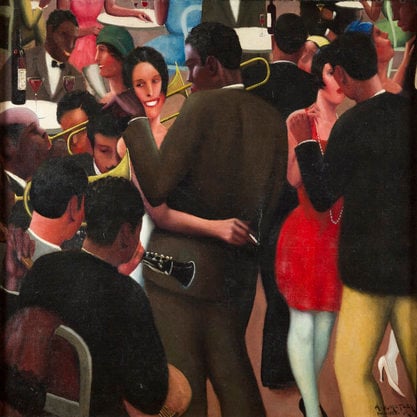Article
Boulanger, Lili (1893–1918) By Hamer, Laura
Article
Lili Boulanger was a French composer and the first woman to win the Prix de Rome in musical composition. Born into a musical family and prevented by illness from following a full musical education at the Paris Conservatoire, she mainly studied at home with her sister Nadia and Georges Caussade, although she enrolled in Paul Vidal’s composition class at the Conservatoire in 1912. In 1913, she won the Prix de Rome for her cantata Faust et Hélène. Boulanger’s text-setting and use of form are reminiscent of earlier French composers, especially Massenet and Fauré, though her musical language and innovative use of timbre are more experimental. Her late works, including Pie Jesu, moved towards polytonality. Debussy was an important musical influence on her style, as evidenced by her choice of Symbolist texts. Grief, mourning, and isolation are important themes within her work, as is her devout (though liberal) Catholicism.


